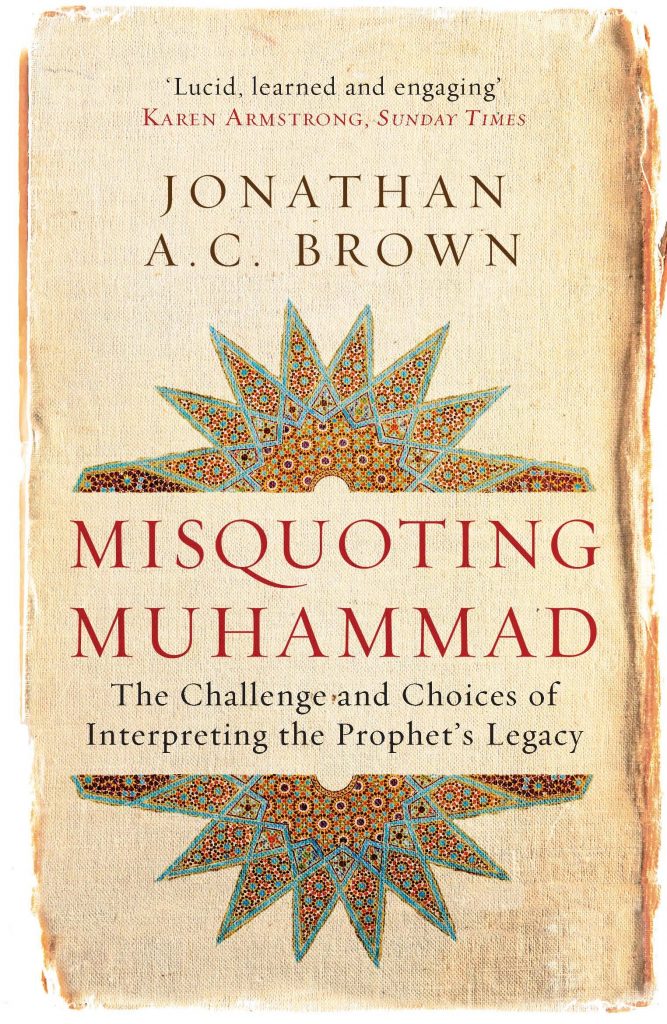لَقَدْ مَنَّ اللَّهُ عَلَى الْمُؤْمِنِينَ إِذْ بَعَثَ فِيهِمْ رَسُولًا مِّنْ أَنفُسِهِمْ يَتْلُو عَلَيْهِمْ آيَاتِهِ وَيُزَكِّيهِمْ وَيُعَلِّمُهُمُ الْكِتَابَ وَالْحِكْمَةَ وَإِن كَانُوا مِن قَبْلُ لَفِي ضَلَالٍ مُّبِينٍ
Allah showed great kindness to the believers when He sent a messenger to them from among themselves — Surah al-Imran, 164
This week sees two major events – this past weekend was Milad un Nabi (also known as Mawlid), the birthday of the Prophet Muhammad SAW, and today is the third anniversary of the passing of Syedna Mohammed Burhanuddin RA, the 52nd Dai ul Mutlaq of the Dawoodi Bohra community. For a believer of my stripes, it’s a kind of emotional whiplash. But in another sense the proximity of these two events serves as a spiritual bulwark, reminding me that there is a discrete and continuous chain of divine authority in which I fully entrust my spiritual well-being. That infinite, divine, indestructible chain continues in the person of the 53rd Dai, Syedna Mufaddal Saifuddin. For an Ismaili Shi’a like myself, continuity is the key – certainly, other groups like the Qutbi Bohras are free to choose whatever continuity suits them, but ultimately all Ismailis entrust themselves to someone. Religion should not be a democracy; there is a specific authority, and then it is up to the believer to decide, to choose – who do I believe? Faith is a single leap of trust, and then everything that follows is purely rational. That leap of faith is driven by something Reason can never understand, however: Love. Hal al-din illal Hub? (What is Deen, but Love?)
Related: my discussion of the controversy over observance of Milad un Nabi, where I argued, “(e)ven accounting for all that is expressly forbidden in Shari’a, there is infinite space for cultural practice within Islam.”

